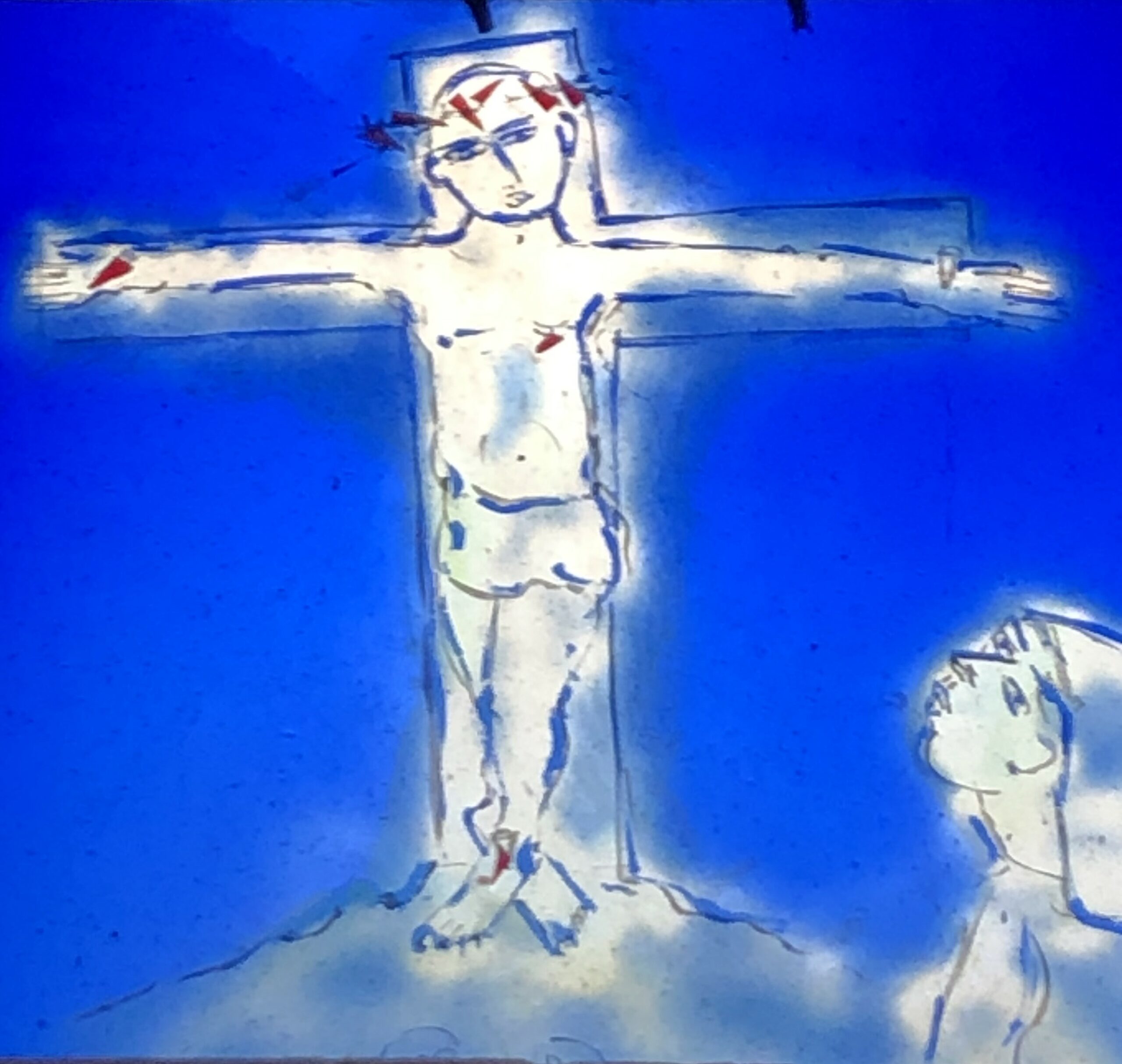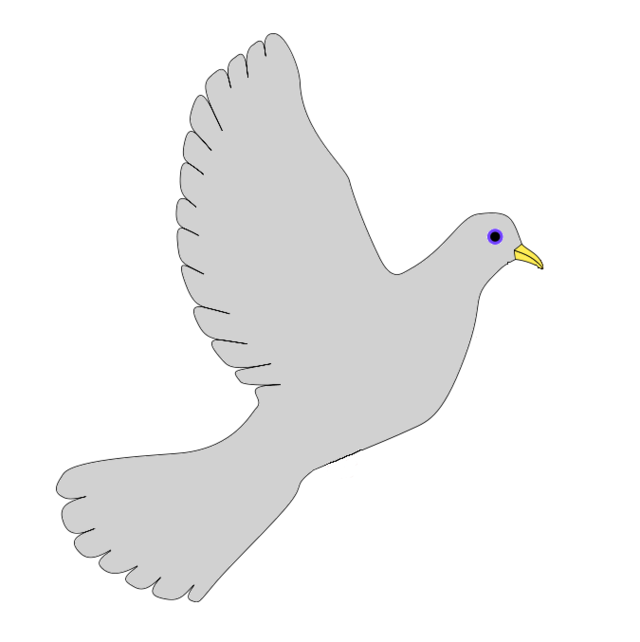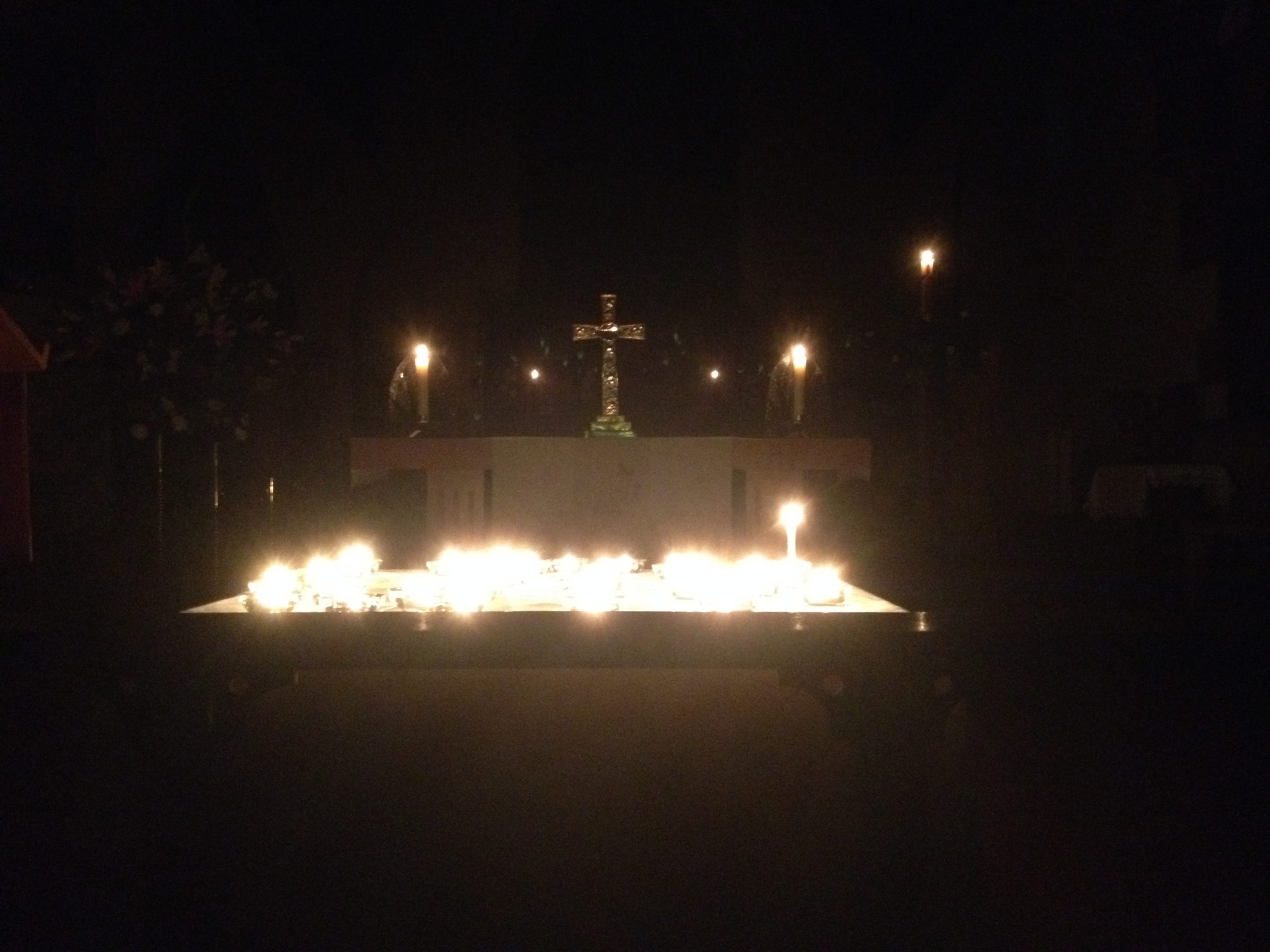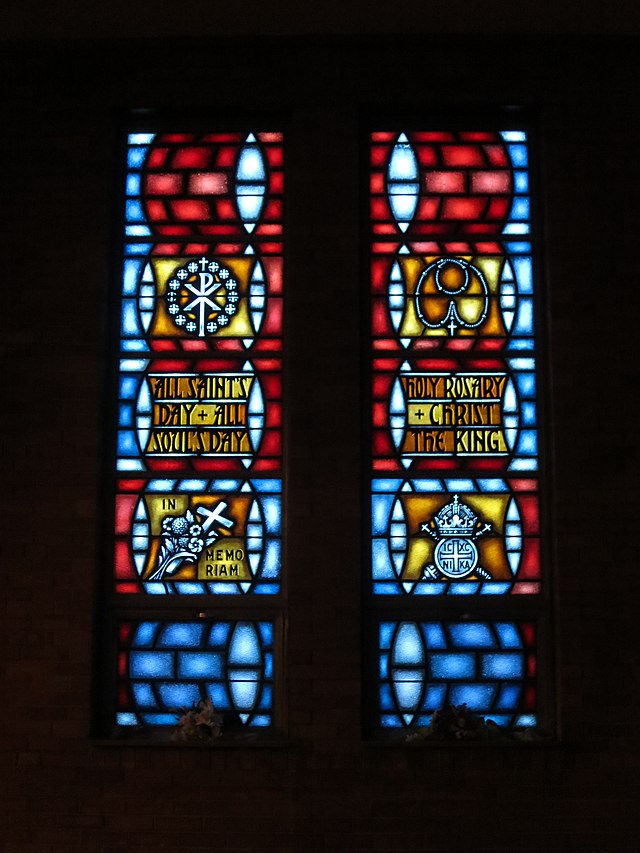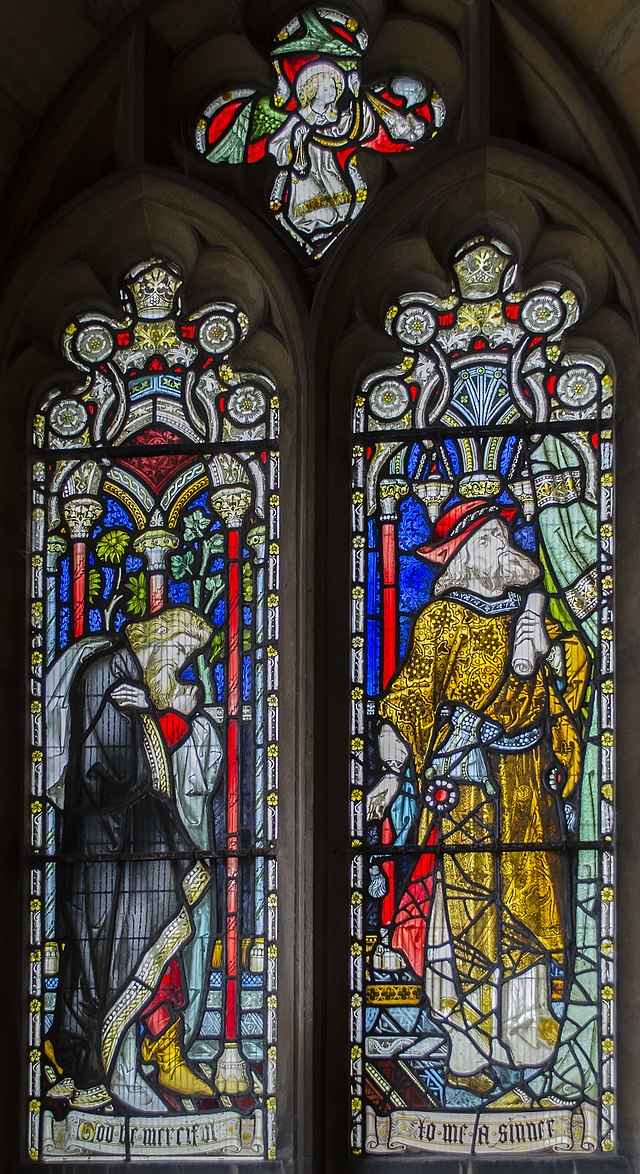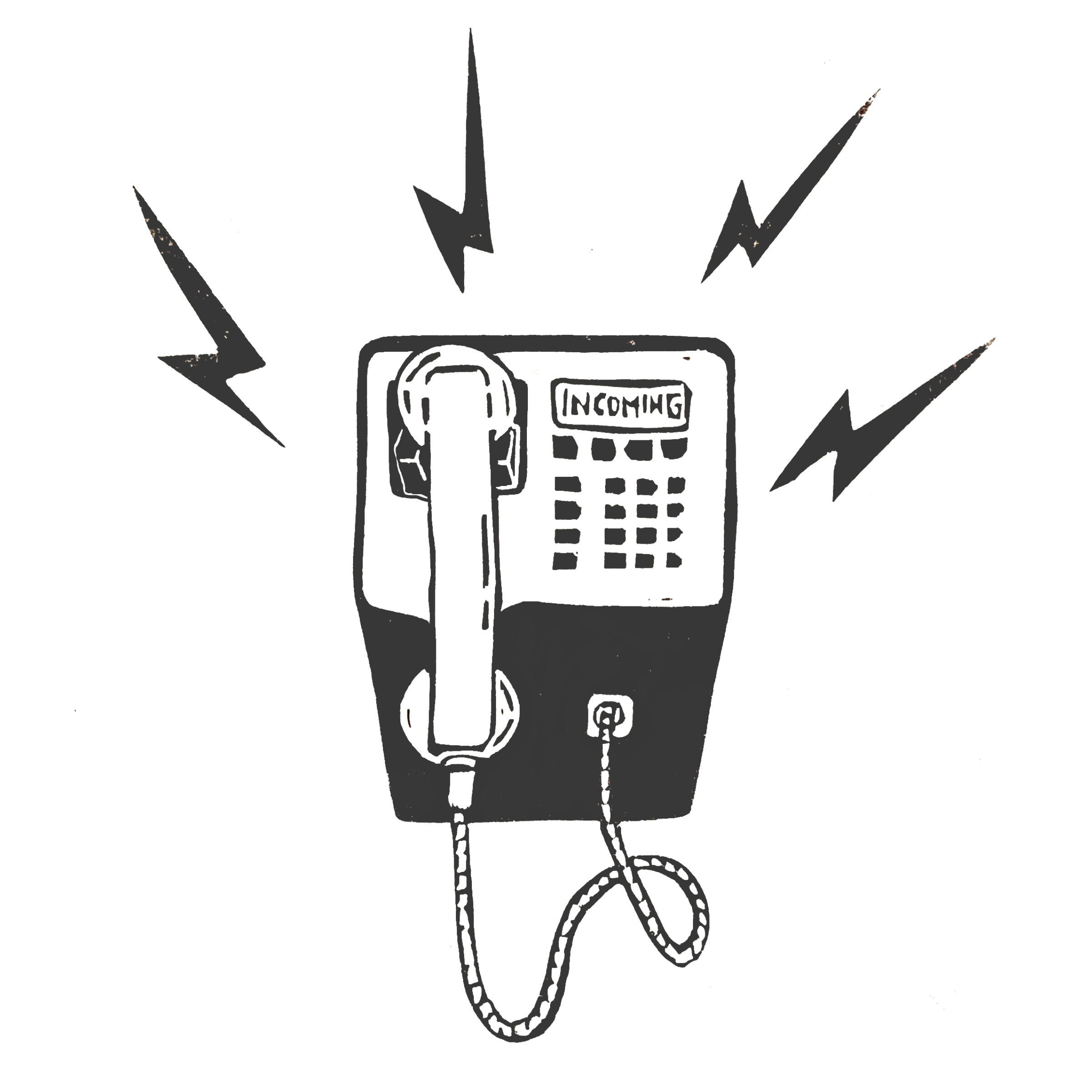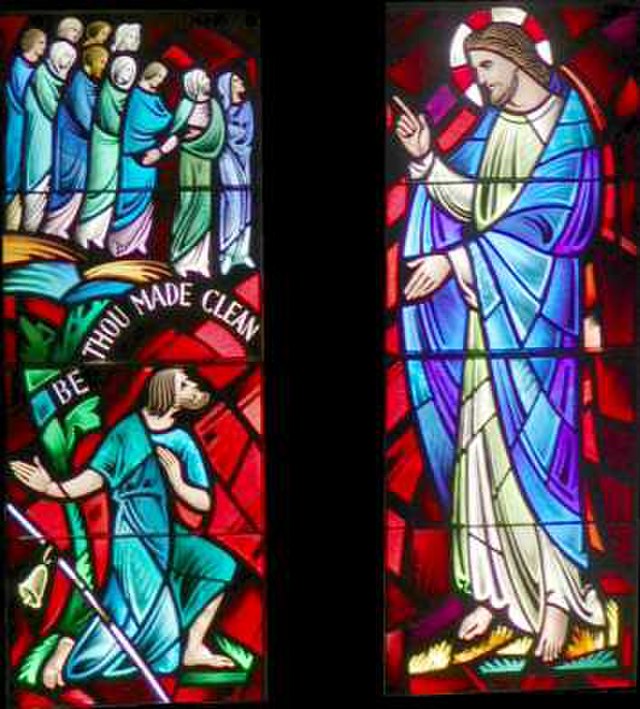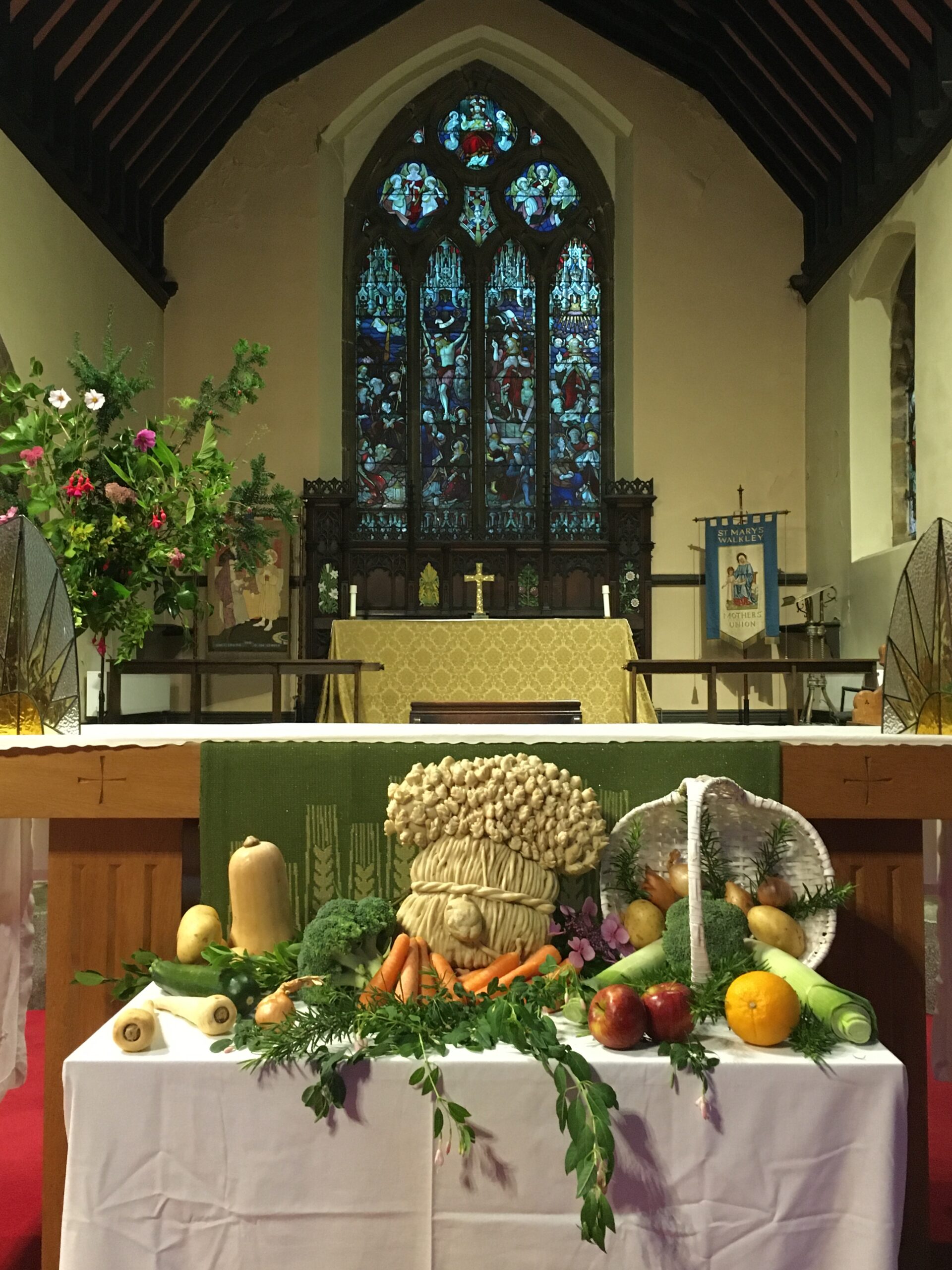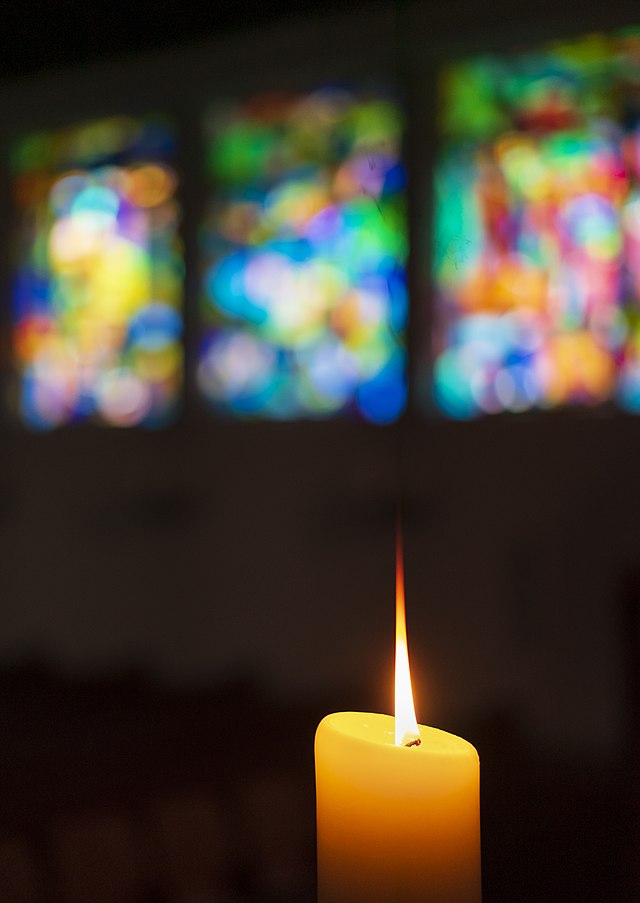
To download a copy of the order of service, please click here:
22 11 27 1st Sunday of Advent Eucharist
To watch this week's service on YouTube, please click here:
https://tiny.cc/walkleystmary-youtube
The Readings
Isaiah 2.1-5
The word that Isaiah son of Amoz saw concerning Judah and Jerusalem.
In days to come
the mountain of the Lord’s house
shall be established as the highest of the mountains,
and shall be raised above the hills;
all the nations shall stream to it.
Many peoples shall come and say,
‘Come, let us go up to the mountain of the Lord,
to the house of the God of Jacob;
that he may teach us his ways
and that we may walk in his paths.’
For out of Zion shall go forth instruction,
and the word of the Lord from Jerusalem.
He shall judge between the nations,
and shall arbitrate for many peoples;
they shall beat their swords into ploughshares,
and their spears into pruning-hooks;
nation shall not lift up sword against nation,
neither shall they learn war any more.
O house of Jacob,
come, let us walk
in the light of the Lord!
Matthew 24.36-44
‘But about that day and hour no one knows, neither the angels of heaven, nor the Son, but only the Father. For as the days of Noah were, so will be the coming of the Son of Man. For as in those days before the flood they were eating and drinking, marrying and giving in marriage, until the day Noah entered the ark, and they knew nothing until the flood came and swept them all away, so too will be the coming of the Son of Man. Then two will be in the field; one will be taken and one will be left. Two women will be grinding meal together; one will be taken and one will be left. Keep awake therefore, for you do not know on what day your Lord is coming. But understand this: if the owner of the house had known in what part of the night the thief was coming, he would have stayed awake and would not have let his house be broken into. Therefore you also must be ready, for the Son of Man is coming at an unexpected hour.
Scripture Quotations are from: New Revised Standard Version Bible: Anglicized Edition, copyright © 1989, 1995 National Council of the Churches of Christ in the United States of America. Used by permission. All rights reserved worldwide. http://nrsvbibles.org
The Sermon
By Kath Boyd - Reader
Do you ever have the feeling that there just aren’t enough
hours in a day or days in a week to cram in everything you’re
trying to do and please all the people you’re trying to
accommodate? I’m afraid this is a pretty regular occurrence for
me, probably because I fill my life up too much. I find a lot of
“things to do” or they find me and I’m not very good at saying
no.
A very recent example of this “busyness” was participating in
an “Open Studios” event last weekend. This is something I’ve
done almost every year for the past twenty years so I’m quite
well versed in the preparations. That said I, like most of the
other artists and craftspeople where I have my studio, had a
mad scramble to get it cleaned, tidied and well presented for all
the visitors who attended. This always takes longer than we
think, not everything on the “to do” list gets done and I’m sure
we all think of things we could have done better if only we had
prepared better or sooner, we just run out of time. However, we
all opened our doors at the appointed hour and the results of
our efforts were pretty impressive in spite of the imperfections.
The thing is though, this is only possible because we have in
fact spent weeks or months or even years preparing; a studio
full of work doesn’t come out of nowhere. Our ideas and the
skills we use to bring them into being are what we work at for
long periods of time.
I think this is true of what most people do albeit in very different
ways. What we build in the course of our lives is how we
prepare to deal with whatever comes our way. The questions
we need to consider are, are we prepared in the right way? Is
what we have built good and worthwhile? It’s also good to re-
examine this from time to time because we don’t want to be
self-righteous and deluded about our situation, kidding
ourselves that we’re fine. Remember the story Jesus told of the
man in the synagogue who assumed he was superior in the
eyes of God because he had followed all the rules to the letter,
unlike the “sinner” standing next to him. Ask yourself, which
one of these do you not want to be?
When it comes to our Christian faith, we believe that one day
Jesus will return and our reading from Matthew’s Gospel
exhorts us to be ready for that time and warns us not to be
complacent. We need to take heed of this because it’s all too
easy to keep putting off what should be done. We probably
think we’ve got plenty of time, Jesus’ return is highly unlikely to
happen in our lifetime and no doubt we’ll eventually get round
to doing all the things we should do, won’t we? There’s no rush!
But, maybe we should think again. The passages either side of
our reading, such as the story of the ten bridesmaids, only half
of whom bring enough oil to keep their lamps burning long
enough for the delayed arrival of the bridegroom, and the one
about the bad slave who didn’t maintain good and just
standards toward his fellow slaves in his master’s absence are
examples of how a failure to prepare and to do the right thing
can lead to very regrettable consequences.
Personally I think the best way to be prepared is to live out in
practice what we believe to the best of our ability. And it’s not
just a matter of doing things in order to gain our own salvation
but doing them because we believe they are right. God isn’t
blind, he knows our motivations. But, sticking with what we
believe to be right can be a long and difficult path, especially
when our efforts repeatedly seem to go unnoticed. It can be
very disheartening when this happens and the temptation to
give up can be great. Why bother we may think when our work
and dedication and sacrifice seem to make no difference or
when others make it clear they see no point to it. Some even
think we’re a bit daft.
So how do we keep going and how do we actually prepare for
the return of our Lord? As I’ve just said, I think that living what
we believe is the key. By carrying God’s spirit and Jesus’
teachings within us we ensure that we are always preparing
and thus we will never be too far from the right path. Yes there
will be days when we fall short; times when we don’t live up to
our own standards let alone God’s but what matters is that we
don’t give up. Accept that we’re human and imperfect, be
forgiving and compassionate with ourselves as we would
hopefully be with others. Learn from our mistakes so that we
can do better next time and with God’s help and guidance
move on, keep going. Support and encourage each other along
the way, especially when things are hard because we want
their salvation too. The image of some people being taken and
some left behind is very painful indeed; we see it happening
now in wars and natural disasters. Those not saved may very
well be people we love.
To conclude, if we make what we sincerely believe to be right
according to our faith, our way of life, however imperfect our
attempts, surely we will always be as prepared as we can be to
welcome our Lord when he returns.
Amen.
The Prayers
Prepared by Joe
The bidding for our prayers this morning is “Maranatha”, and the response is
“Amen. Come, Lord Jesus.”
In joyful expectation of his coming to our aid, we pray to Jesus.
We pray for the Church of Christ, for Bishop Pete and Bishop Sophie,
our Archbishops Justin and Stephen, all here who lead us in worship
and prayer, and all those whose time and talents are given to St
Mary’s, St John’s and St Mark’s.
Maranatha
Amen. Come, Lord Jesus.
As we start the season of Advent, may we be patient and prayerful.
We pray that we can learn the ways of the Lord, and walk in His
paths, not just for this season but for all our days.
Maranatha,
Amen. Come, Lord Jesus.
We pray for the people of Ukraine and hope for a peaceful resolution
to that conflict. We pray for families on both sides of the conflict who
have seen their members go to war. We pray for our sister city of
Donetsk. We pray for a time when we shall indeed beat our swords
in to ploughshares, when we will know peace and not learn war.
Maranatha,
Amen. Come, Lord Jesus.
We pray for those in national and local government, that they may
determine compassionate policies and actions that will benefit all
people, particularly those in need this winter. We pray that those in
the media use their power and influence wisely.
As the World Cup takes place in Qatar, we pray that the human rights
of all, irrespective of race, gender or sexuality, are more respected in
all countries of the world.
We pray for our community here in Walkley, and for the city of
Sheffield, and for our neighbours and friends, for all those affected by
the increases in food and energy prices. We pray for and give thanks
for all those working with food banks and warm spaces to mitigate
the effects of the cost of living crisis.
Maranatha,
Amen. Come, Lord Jesus.
We pray for the aged and infirm, and those sick in mind, body or
spirit, and those who find life especially difficult at this time. We pray
that you strengthen them and bring them the healing and peace that
belong to your kingdom. In a few moments of silence, we bring to
mind those we know who need your healing presence.
Maranatha,
Amen. Come, Lord Jesus.
We pray for those currently close to death, and those accompanying
them on this final part of their Earthly journey. We pray for those
who have died, recently and in the past, and those who mourn.
Maranatha,
Amen. Come, Lord Jesus.
Finally, Lord, we silently bring before you those special to us, and also
those issues and concerns that we have in our own lives.
Maranatha,
Amen. Come, Lord Jesus.
Rejoicing in the communion of Mary, Mark, John and of all the Saints,
let us commend ourselves, and one another, and all our life, to God.
Merciful Father: accept these prayers for the sake of your Son, our
Saviour, Jesus Christ.
Amen


